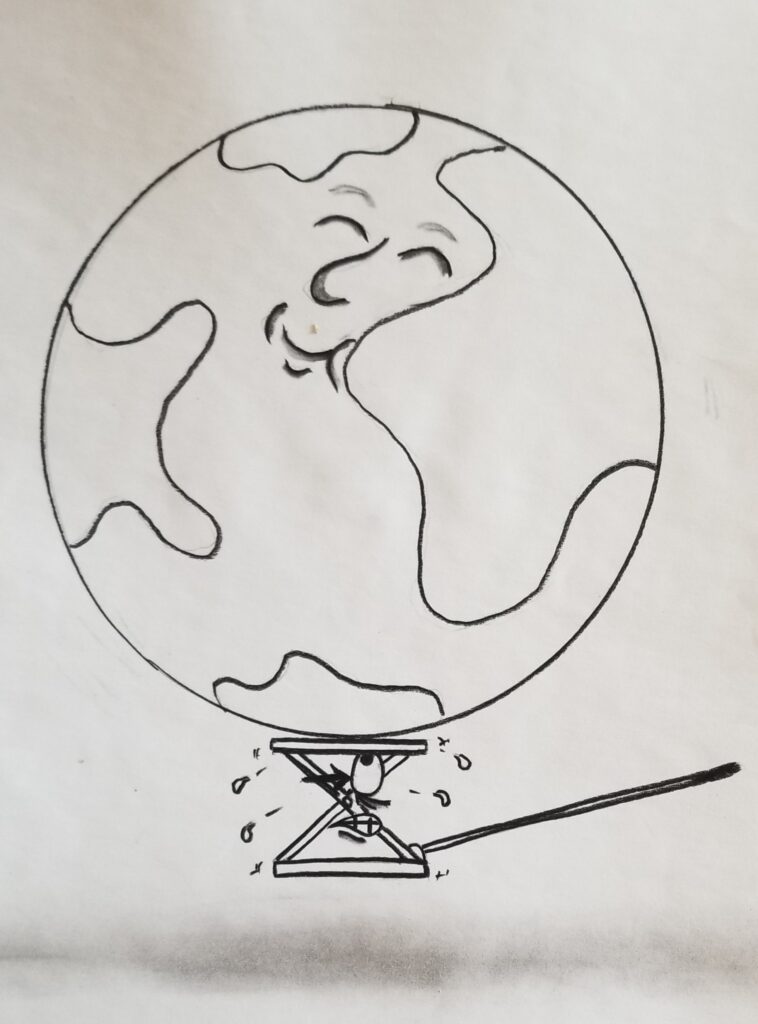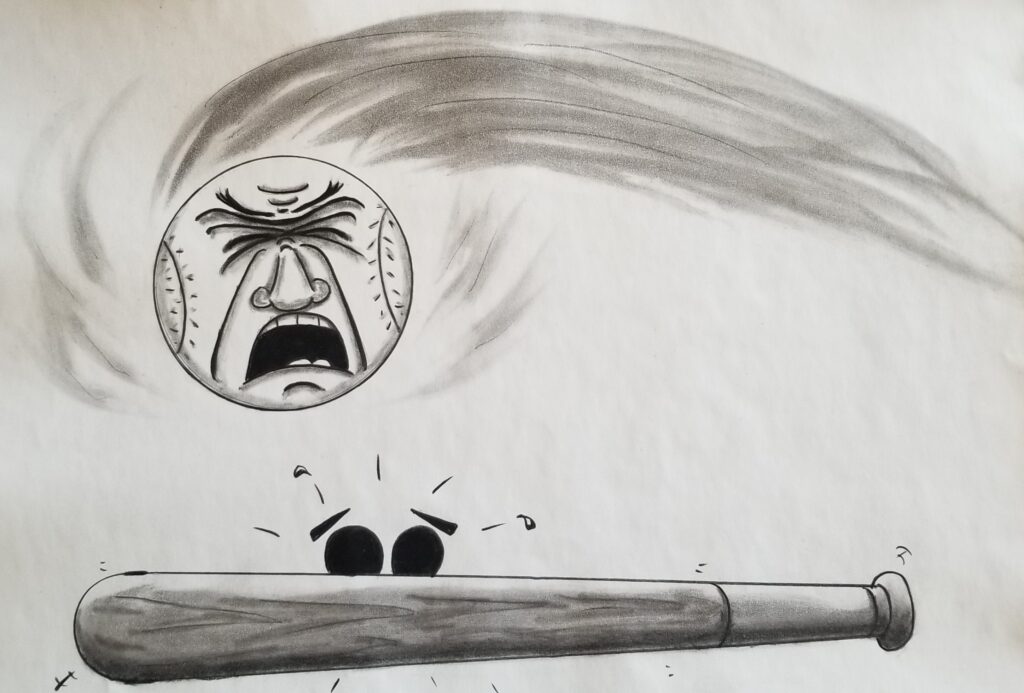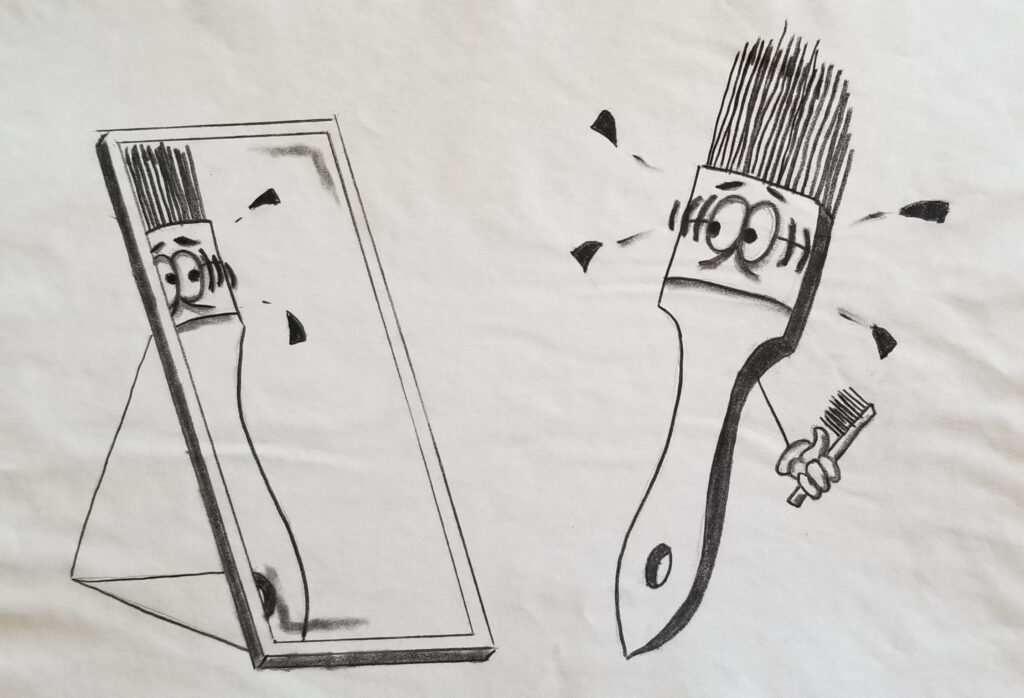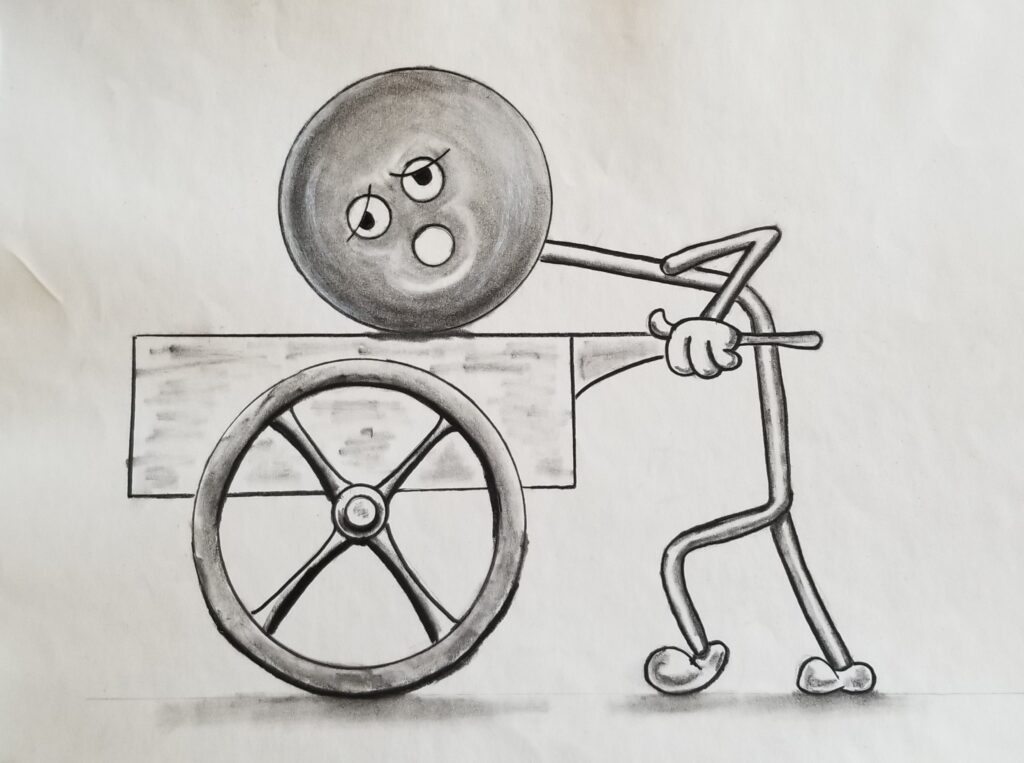
While working marriages happen when both spouses have identities that are deeply rooted and anchored in God’s unfailing love, dysfunctional marriages happen when people with insecure attachments fall in love. When you try to find yourself, define yourself, find security, significance, or feel valued from another person, you’re setting yourself and your marriage up for failure. If you grew up in a family without boundaries or loving and secure attachments, you are not likely to find them through marriage. In fact, you might struggle to feel God’s love, His forgiveness, His presence, or His acceptance. You might temporarily feel good when something goes your way or when someone says or does something that makes you feel good, but it won’t last. If your parents never got married, had a dysfunctional marriage, or got divorced, you may have a distorted or negative image of marriage, or you may have never seen or benefited from a healthy marriage.
What do you do when you realize that your spouse and your marriage don’t make you feel good? Or worse yet, what happens when you said “I do” to someone who is manipulative, controlling, performance- driven, detached, emotionally dysregulated, unfaithful, addicted to something or someone else, or abusive?

What happens when you look in the mirror and realize that you don’t even like the person you’ve become?

What if you start keeping track of your own sins and your spouse’s sins and failures? What if you love your spouse, but you don’t even like spending time with your spouse?
Many people bring unresolved childhood hurts into marriage. We might try to hide them for a while, but eventually they get projected onto those nearby. Instead of turning to God and to our spouse for love, comfort, grace, and encouragement, we turn to something or someone else. We may have underlying insecurities, damaged trust, fears of abandonment and rejection, hurts, or addictions and actually push away those who love us. Instead of giving and receiving love, we become independent, detached, controlling, and dysregulated. We can engage in an endless cycle of trying to find something or someone who will make us feel good about ourselves when we don’t. Anxiety, frustration, and anger might become more familiar than love, peace, and joy.
As I write from a Christian, trauma-informed perspective, what hurting couples don’t need is more information about why our marriage isn’t working. What’s needed is hope and encouragement. Over the years, God and people have taught me that Jesus is always with us. He’s for us and not against us. God’s love is unfailing, and nothing can separate us from His endless love. Jesus invites us to come to Him and find rest. He offers His peace, presence, help, and healing where we need it most. You don’t have to have great trust or hope or faith to turn to God. He knows everything about you, and He won’t be surprised or put off by what you tell Him. Jesus is close to the brokenhearted. He died for all of our sins. Jesus wants to set you free to love both yourself and your spouse. You may find that hard to believe.
You and your spouse may need to say “yes” to begin a process of turning to God and turning to each other instead of turning away. You may need to say “no” to all of the competitors in and around your marriage. Most dysfunctional marriages happen when we say “yes” to the wrong things and say “no” to the right things. All it takes is having one area in our lives where we lack good boundaries, and it can mess up all of the other areas in our lives and marriages. A good place to start your journey of discovery is reading Henry Cloud and John Townsend’s book entitled Boundaries.
If you’ve become closed off, isolated, shut down, anxious, angry, or depressed, you’re not in a good place.

You may be high-functioning in one area of your life and failing miserably at your marriage. This blog isn’t written to be critical or discouraging. If you’re focused on what’s wrong with yourself or with your spouse, you’re just stuck. Ask God for help. Ask Him to teach you to flip your script. Go on a search for what you like about yourself, your spouse, and your marriage. You’ll find what you’re looking for. If you’re used to dwelling on what’s wrong, go after what’s right. Find and pursue God. Look in the mirror and be reminded that you’re a beloved child created in the image of the Most-High God. God delights in you. He’ll help you to find the good, find the truth, and set you free from what binds and hinders you.
You may need to say “no” to what’s sucking the life out of you and your marriage. You may need to ask a friend or neighbor or coworker for some ongoing help, prayer, and encouragement. You may need to seek out an older couple who has a vibrant marriage and ask them for some help. You may need some professional help. I tell people that all it takes is one person who is ready and willing to make a change, and the whole dynamics of a marriage and family can change. When hurting people hurt people, someone has to have the courage to reach outside the marriage for help and support. It takes courage to go to your pastor or to seek out counseling from an experienced counselor. When you’re tired and beyond frustrated in your marriage, asking for help may be just what you need.
The best counsel may come from someone with good boundaries and a good marriage. It may come from someone you know and trust. You may not have time, but make time. It may not always feel good when someone speaks the truth in love to you. Real friends do “care”fronting. They get more involved instead of staying away. If you know people around you who have a lousy marriage, why not invite them over and start investing in them? Your investment could make all of the difference in the world. All you need to have is real faith, love that doesn’t go away, and a willing heart.
My prayer is that you will turn to God and to your spouse instead of turning away. Left to ourselves we tend to self-destruct. When we reach out for help and support and when we stop doing what we’ve always done, change and restoration can be on the horizon. Help comes in many different forms. Life is my school, and people are my teachers. God has so many ways of providing encouragement, help, healing, and blessings. Reach out and watch what happens.
What caught your attention while you were reading?
What’s one thing you are doing that’s getting in the way of developing a better marriage?
What’s one change you can make that may change the course of your marriage?
Find one thing your spouse loves to do and initiate doing it together.
Who knows and loves you and will help you if you reach out for help?
(Special “Thank You” to Matt Potosky for his dynamic art ministry.)
